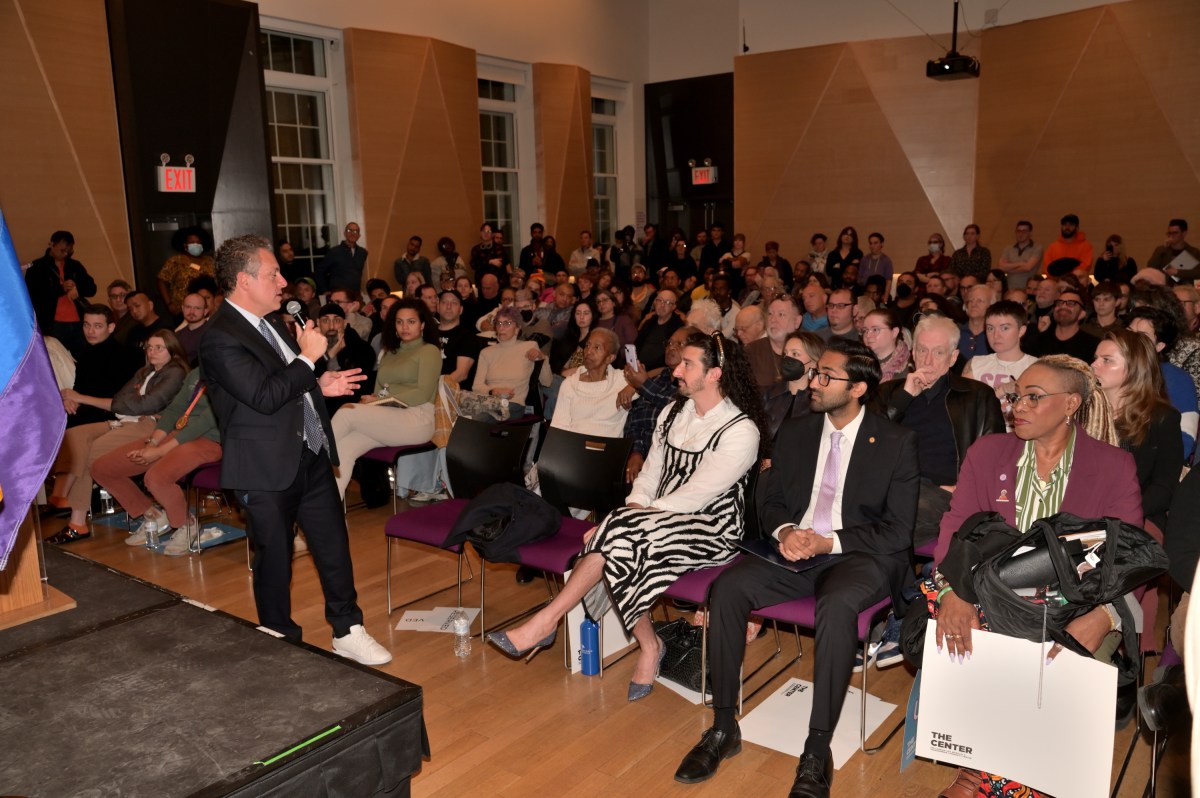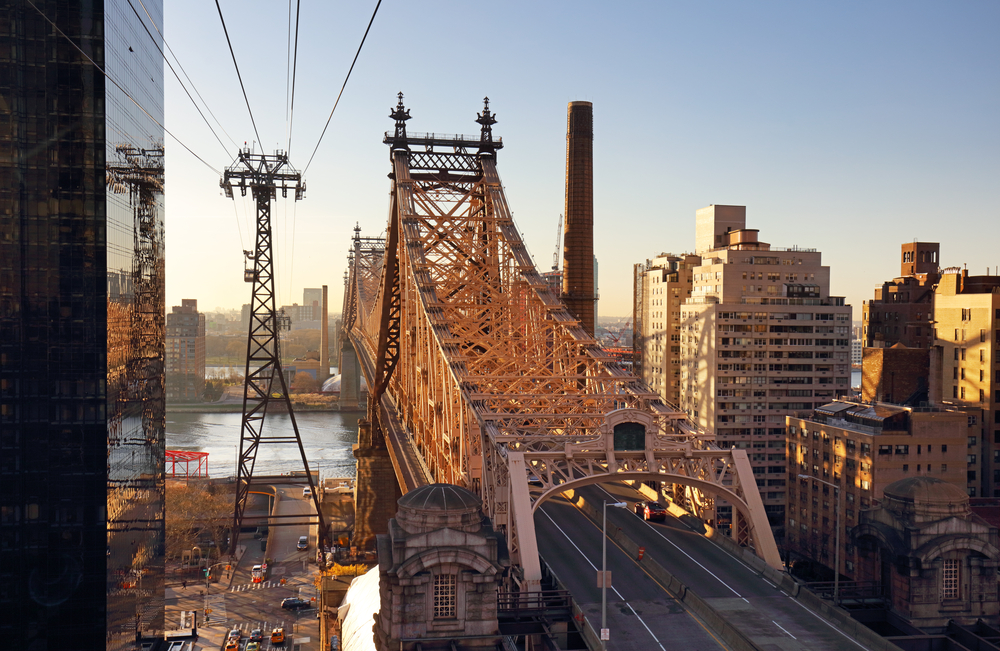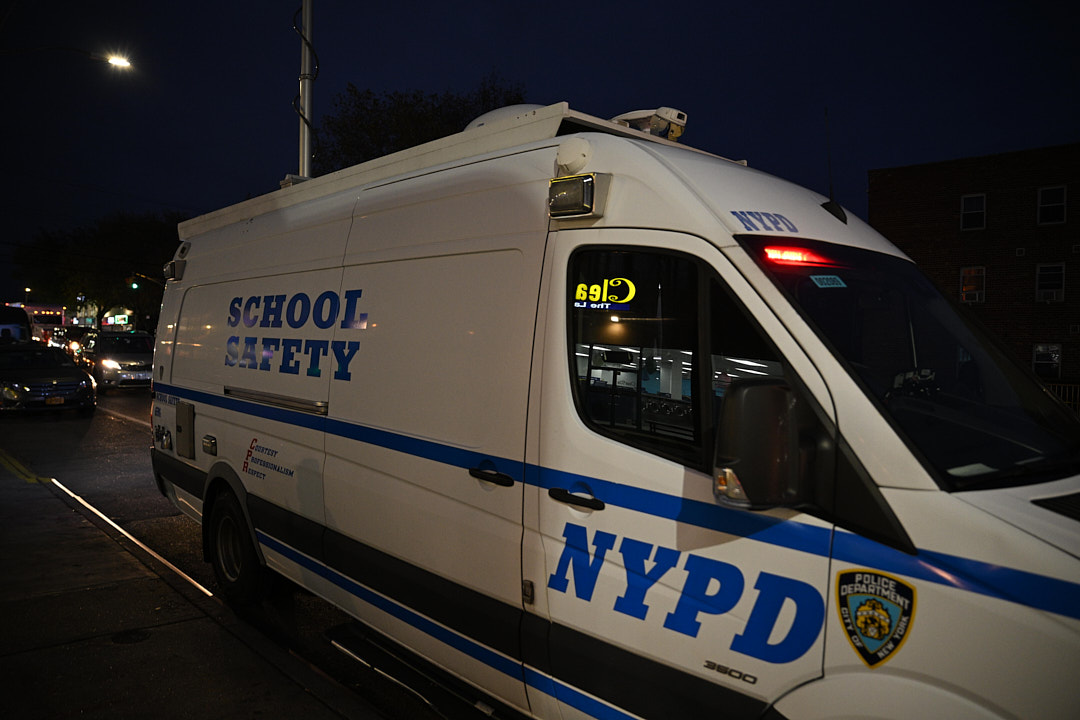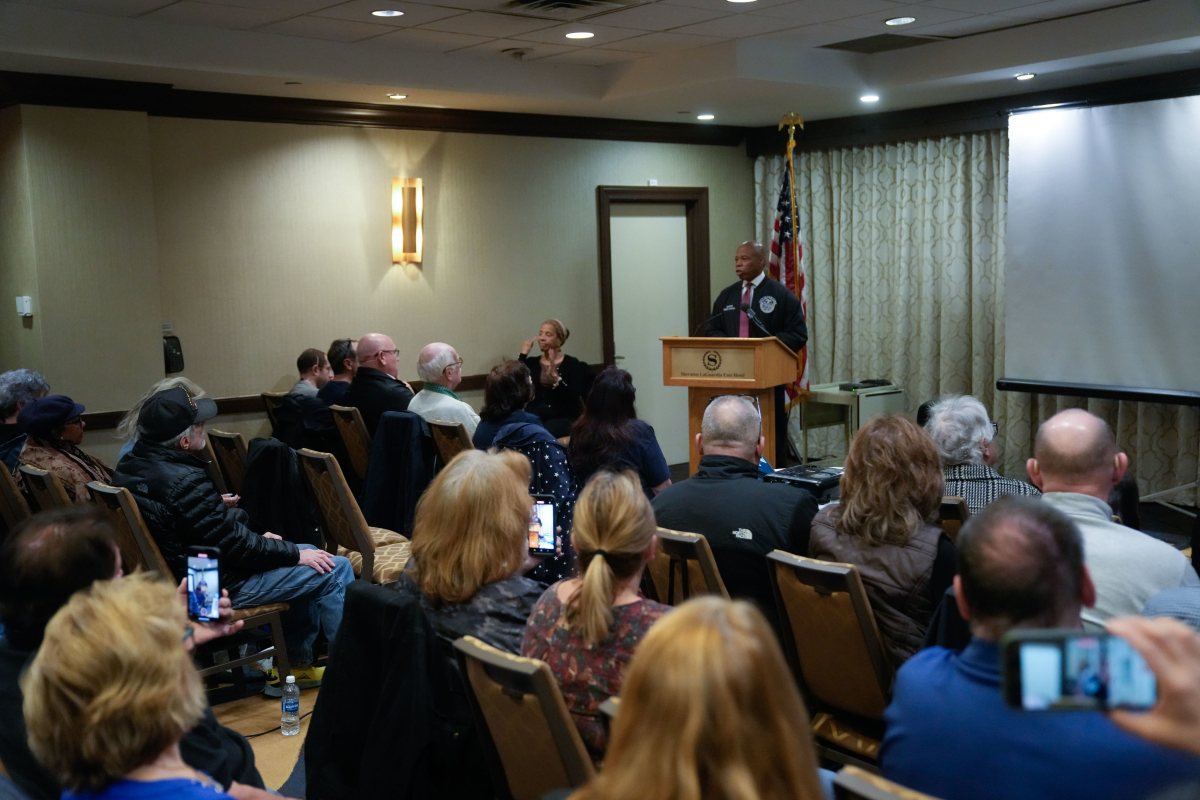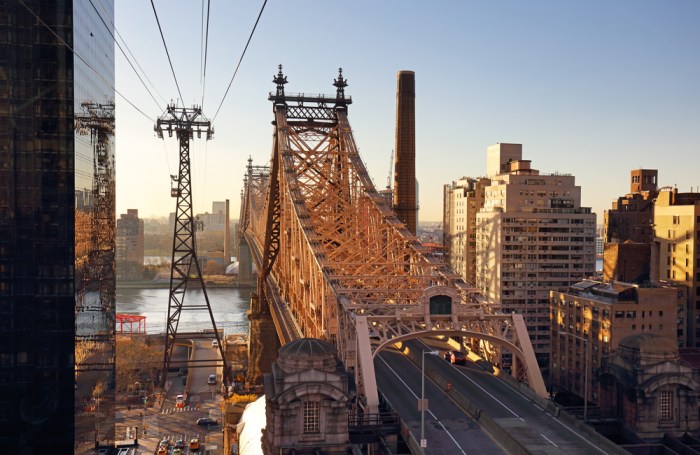
If you go: “Sea Wall/A Life” runs through March 31 at the Public Theater | 425 Lafayette St., publictheater.org
This could have been an inspired idea.
The Public Theater is presenting two monologues by well-known contemporary English playwrights in a starry double-bill led by two well-regarded stage and screen actors.
"Sea Wall/A Life" features separately-written but thematically-linked monologues by Simon Stephens (“The Curious Incident of the Dog in the Night-Time,” “Heisenberg”) and Nick Payne (“Constellations,” “If There Is I Haven’t Found It Yet”). They’re performed by Jake Gyllenhaal and Tom Sturridge, making their first New York stage appearances since appearing on Broadway in 2017 in “Sunday in the Park with George” and “1984,” respectively.
The monologues (each about 40 minutes in length, with a 15-minute intermission in between) are told from the viewpoints of young fathers and delve into issues of physical and emotional trauma, death, birth, the existence of God and dealing with the unknowable. They also follow a stream-of-consciousness line of thinking, interweaving competing narrative strands.

In Stephens’ “Sea Wall,” Sturridge (looking troubled and shaken-up) plays Alex, a photographer who recalls conversations with his father-in-law, memories of swimming in the sea and a tragic incident involving his 8-year-old daughter.
In Payne’s “A Life," Gyllenhaal (in a much lighter, romantic-comedy kind of tone), playing Abe, interweaves the elaborate preparations for the birth of his daughter with his father’s painful physical deterioration and eventual death due to organ failure.
Director Carrie Cracknell incorporates minimal design elements, with Sturridge and Gyllenhaal appearing on a bare stage with simple lighting and no sound effects.
“Sea Wall” is the stronger monologue, but it is undercut by Sturridge aimlessly roaming about the stage (including a step ladder and second-level balcony). On the other hand, Gyllenhaal (who generally stays in one place, except for one bit where he wanders into the audience) plays up feeling overwhelmed and hapless a bit too much.
The idea of bringing the monologues together ultimately is also questionable. The fact that they are so similar has the unintended effect of creating a sense of repetition and monotony following the intermission.
Also problematic is the fact that the monologues should really be performed in a more intimate setting than the proscenium-style Newman Theater (one of the larger spaces at the Public Theater). Having Sturridge and Gyllenhaal perform against a wide-open terrain proves to be unnecessarily distracting, and their unamplified voices are sometimes hard to hear.









